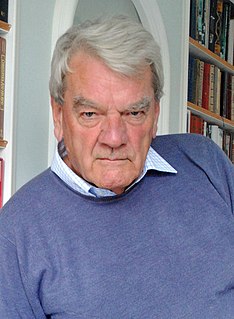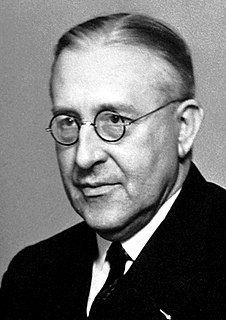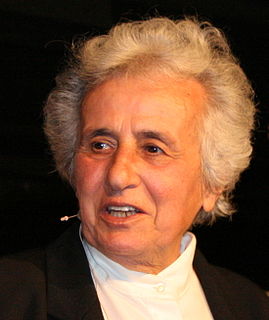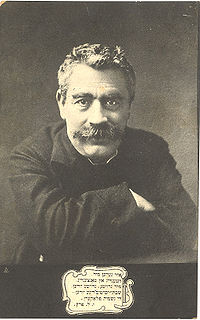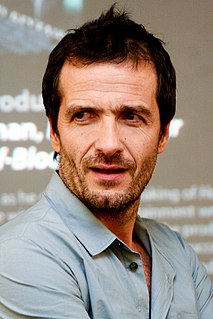A Quote by Viktor E. Frankl
Man is that being who invented the gas chambers of Auschwitz; however, he is also that being who entered those chambers upright, with the Lord's Prayer or the Shema Yisrael on his lips.
Related Quotes
I have said, and I repeat, at the risk of appearing sacrilegious, that the gas chambers are a detail of the history of the Second World War... If you take a book of a thousand pages on the Second World War, in which 50 million people died, the concentration camps occupy two pages and the gas chambers ten or 15 lines, and that's what's called a detail.
The whole thing was set up very cleverly. The people who were torn from their normal lives and put on the trains may have heard that terrible things were happening in Auschwitz, but even up to the end, they kept on thinking: Perhaps it isn't so bad after all. And then they arrived and the SS told them: "The old people and the sick can take the truck. Anyone who is still young can walk." It took us a while to realize that the ones who were being driven were really being taken to the gas chambers.
The Hebrew language... is the only glue which holds together our scattered bones. It also holds together the rings in the chain of time.... It binds us to those who built pyramids, to those who shed their blood on the ramparts of Jerusalem, and to those who, at the burning stakes, cried Shema Yisrael!
But there's something about the simplicity of Auschwitz... there's just nothing. There's just photographs, there's a room full of limbs, a room full of hair, and then you go into the place where the gas chambers were. You walk down these halls and the efficiency of it is so inhuman. The place is so powerful, just for its utter bald, bare simplicity.
It's not a bad idea to call this Cthulhuism & Yog-Sothothery of mine "The Mythology of Hastur" - although it was really from Machen & Dunsany & others, rather than through the Bierce-Chambers line, that I picked up my gradually developing hash of theogony - or daimonogony. Come to think of it, I guess I sling this stuff more as Chambers does than as Machen & Dunsany do - though I had written a good deal of it before I ever suspected that Chambers ever wrote a weird story!
True prayer is done in secret, but this does not rule out the fellowship of prayer altogether, however clearly we may be aware of its dangers. In the last resort it is immaterial whether we pray in the open street or in the secrecy of our chambers, whether briefly or lenghtily, in the Litany of the Church, or with the sigh of one who knows not what he should pray for. True prayer does not depend either on the individual or the whole body of the faithful, but solely upon the knowledge that our Heavenly Father knows our needs.

